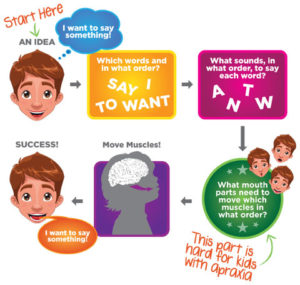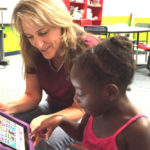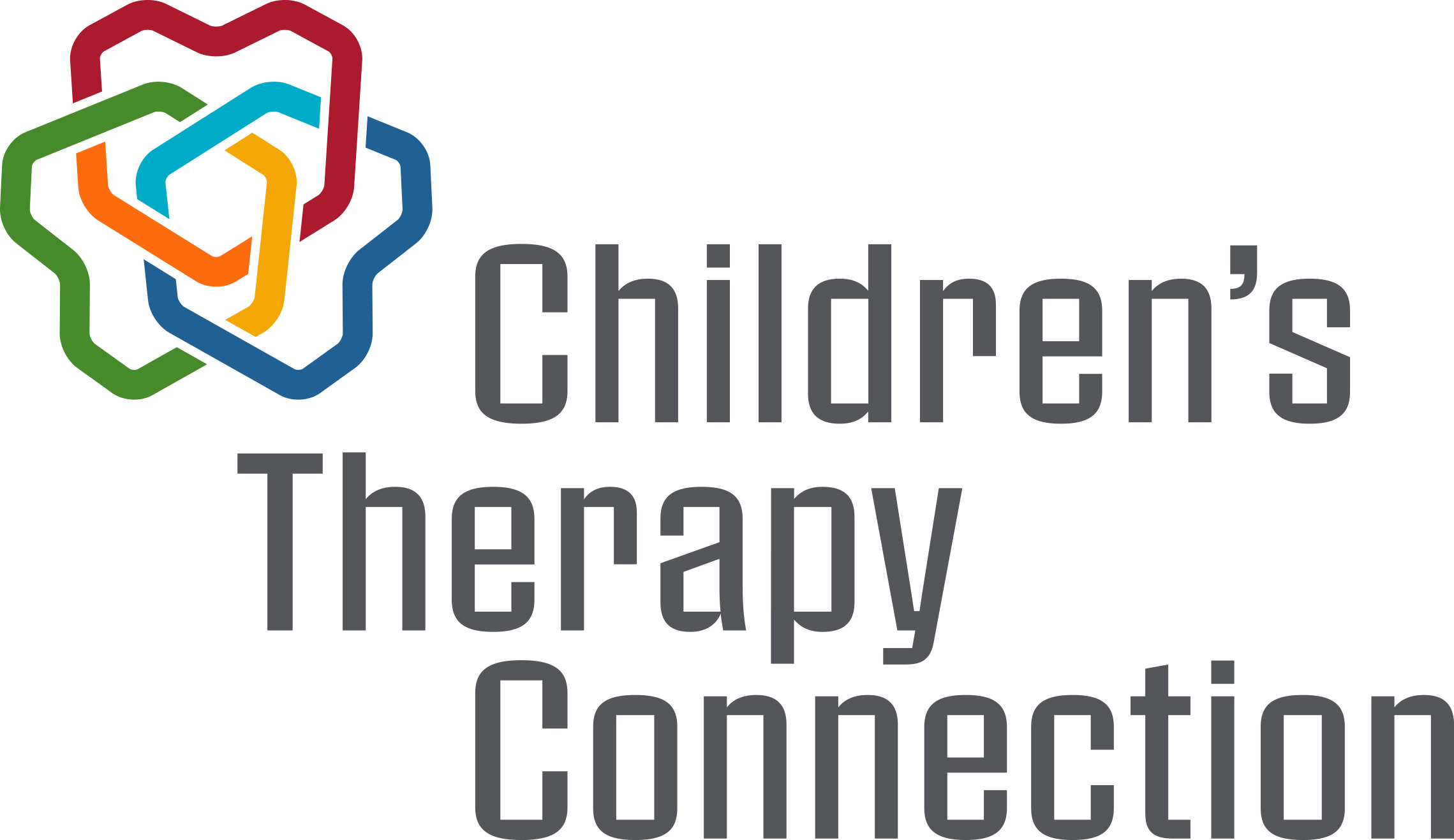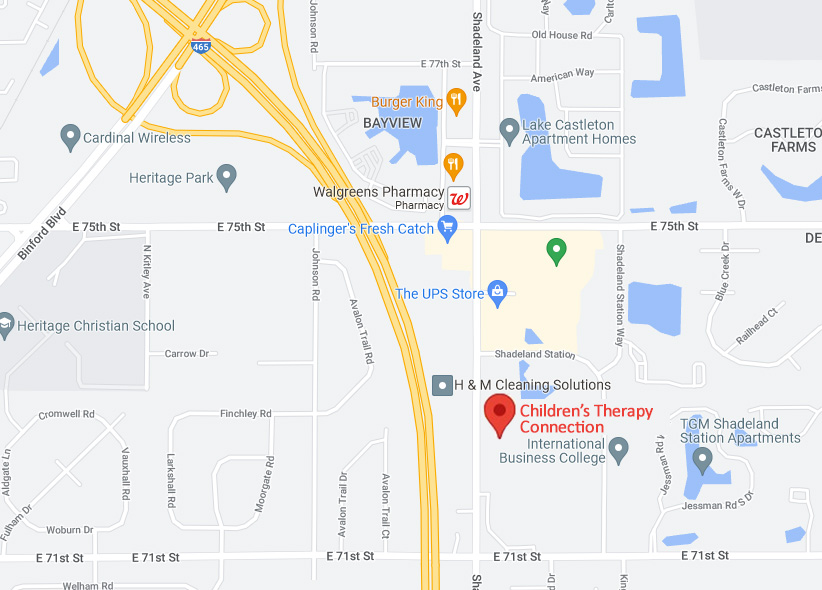 Written by Lindsay Clark, M.A., CCC-SLP
Written by Lindsay Clark, M.A., CCC-SLP
Do you know a child who struggles to speak? Does he/she only use a few spoken words even though they understand much more? Is he/she showing limited progress with traditional speech therapy and frustration when trying to communicate? If so, it may be time to consider an evaluation for Childhood Apraxia of Speech (CAS).
What is CAS?
CAS is a neurologically based motor speech disorder that results in difficulty planning, coordinating, and executing the movements necessary to produce intelligible speech. In other words, the child’s brain knows what it wants to say, but the mouth has trouble responding.

What is it not?
A child with CAS is not simply a “late talker” as many might think. He/she has a neurological speech disorder that will not improve without intervention. It is also important to understand that a child with CAS has the cognitive and muscular abilities to produce speech; it is only the message between the brain and the mouth that is impaired.
What are some signs and symptoms of CAS?
Children with CAS display a wide variety, combination, and severity of symptoms; however, the following are the most common:

- Limited cooing, babbling, and vocal play as an infant
- Understands much more than he/she is able to express
- Strong desire to communicate with others
- Only able to produce a few vowels and consonants
- Inconsistent speech productions
- History of words “popping out” clearly but unable to produce them again
- Noticeable physical struggle to get the mouth in the right position when trying to speak
- Limited number of words, or may use a single syllable for all words
- Limited progress in traditional speech therapy
What are the next steps?
If you are concerned that your child is showing signs of CAS, the next step is a comprehensive speech and language evaluation with a licensed speech-language pathologist  (SLP) experienced with CAS. During the evaluation, the SLP will review your child’s medical history and assess speech articulation, speech motor planning, and language skills to determine if CAS may be affecting his/her speech development. Following the evaluation, a specific speech therapy treatment plan will be made for your child.
(SLP) experienced with CAS. During the evaluation, the SLP will review your child’s medical history and assess speech articulation, speech motor planning, and language skills to determine if CAS may be affecting his/her speech development. Following the evaluation, a specific speech therapy treatment plan will be made for your child.
For more information or to schedule a speech and language evaluation for your child, please call Children’s Therapy Connection at (317) 288-7606.
Additional resources on CAS include: Apraxia-KIDS (www.apraxia-kids.org)

